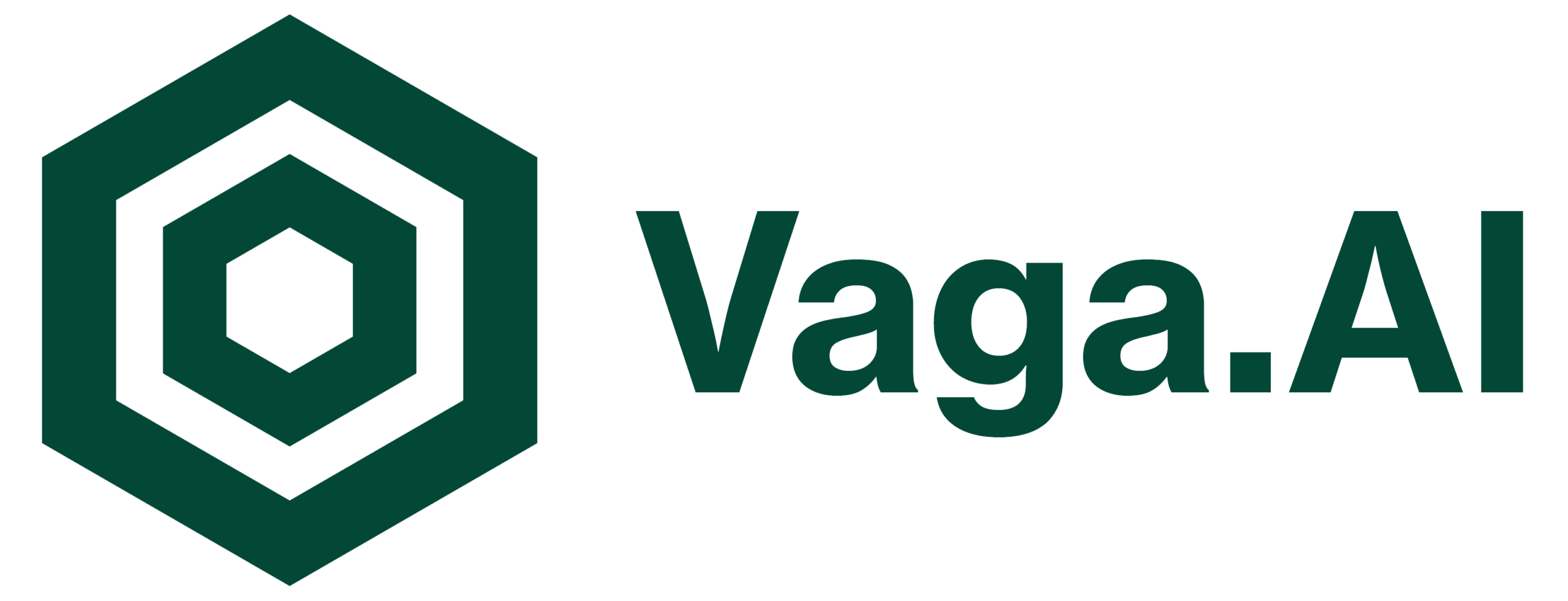
Why Manufacturing companies will need to invest in a TMS(translations management system) to expand their business to the next level
Translation and Localization for Manufacturing Businesses
Imagine as a manufacturer of products, one of your customers is installing DIY furniture in their home using a manual translated to support their native language. One of the steps in the manual mistakenly instructs them to put a part inside out instead of the other way around. Now, no matter how much they try, they can’t seem to assemble the furniture after that. What impact could this have on your customer’s experience or your brand’s reputation?
Now imagine if something like this happens in a manufacturing plant, at a scale and risk far more significant than your home. While furniture companies might lose customers after manual incidents, these can be deadly in manufacturing plants. One translation mistake can be very costly for your business.
The manufacturing industry is one of the biggest international industries that has to cater to its diverse global customer base and its employees who come from different parts of the world. Everyone must understand the process, technical requirements, and mechanical workings no matter where they are. With language barriers, it can be tricky to coordinate everything across the countries.
For example, Apple outsources most of its manufacturing to Asian countries, mainly China. Like most Chinese citizens, the assembly line workers prefer their native language, Mandarin, for communication, so it is important that Apple has processes set in place to accommodate that, like product manuals, safety procedures, and best practices translated into Mandarin.
This is where manufacturing translation services come in handy.
You might think, “Is translation necessary for my manufacturing business?”
Well, if your business crosses borders (and let’s face it, most do), then yes! A study conducted by the American Council on the Teaching of Foreign Languages (ACTFL) revealed that ~25% of U.S. employers experience business losses due to insufficient language skills. Without proper communication, you risk mistakes that could cost you time, money, or even the reputation you’ve worked so hard to build.
What is Manufacturing Translation?
Think of manufacturing translation as the lifeline between your business and the world. Whether you’re translating technical manuals, design specs, or product labels, accurate translation ensures everyone is on the same page.
From product descriptions to operating instructions, the need for precise communication is essential. Most importantly, in legal documentation, one wrong word could lead to severe issues down the line.
Why Is Manufacturing Translation Important?
Consistency and accuracy are king when it comes to manufacturing translation services. An incorrectly translated safety manual can lead to a dangerous outcome and risk the worker’s safety. A poorly translated assembly instruction can bring the entire production line to a standstill.
An example of translation gone wrong could be the linguistic blunder of Mercedes Benz’s name translation in Mandarin. When Mercedes first entered the Chinese market in 2009, they originally decided to go with 奔死 (Bēn sǐ) as the brand name as it was similar in pronunciation, which translated to “rush to die”. Quite ironic for an automotive brand, isn’t it? However, Mercedes quickly realized the mistake and changed it to 奔驰(Bēnchí), meaning “run quickly as if flying”.
This sparked quite a buzz on social media, and rightly so. The cause of this mistake can be attributed to a number of things, including lack of market research, not understanding the nuances of the target language, misinterpretation of the character-based language, and lack of quality assurance during localization.
This highlights the importance of translation and localization for manufacturing businesses. You’re not just translating words. You’re ensuring that everyone, from your suppliers to your consumers, understands exactly what they need to do.
Translation also helps businesses expand into global markets. Want to break into a new region? You’ve got little chance if your instructions or product labels are unclear. Localization is key because what works in one market may not work in another. And that’s where professional translation management systems (TMS) for manufacturing companies come into play.
How Can AI Help with Manufacturing Translation?
Now, we’re not just relying on human translators anymore. AI-powered translation management systems have stepped up the game. With advancements in AI webpage translation, manufacturers can translate content faster and at scale.
But humans still have a part to play. While AI is excellent for bulk work, human translators ensure the nuances of language don’t get lost in translation. This combination of AI translation and human post-editing gives you both speed and precision.
Marketing Use Cases for Manufacturing Translation
Manufacturing translation is not just needed for technical manuals and safety documentation. It is also very important in your business’s marketing efforts. Here are some marketing-related use cases for global success:
- Localized Product Launch Campaigns:
When launching new products in international markets, it is necessary to pay attention to your brochures, advertisements, and email campaigns as they will help maintain your brand reputation. These assets need to be accurately translated for a proper localization effort for your brand to resonate with local audience. - Website and E-commerce Translation:
Your website is the first things your potential clients see online. It’s your business’s online home. And like any home you need to keep it well maintained for your visitors. Product descriptions, technical specifications, and FAQs translated into different languages will make your audience feel at home and boost engagement. - B2B Sales Presentations and Proposals:
Your sales presentations, proposals, and case studies for your pitches to foreign clients should be translated accurately to avoid any miscommunication. Clear message for your brand will help secure deals in the international market. - Localized Trade Show Materials:
Trade shows are a great way to showcase your products and services in the international market. Translated banners, brochures, and product demos to suit the market you are serving shows your commitment. - Email Marketing and Newsletters:
When handling a global audience, your email campaigns need to be tailored to different cultures and nuances to engage with them. With a product update or an announcement, translated content can reach a wider audience. - Social Media Campaigns:
Social media is a golden opportunity for global marketing. Translating posts, ads, and even hashtags can help your brand in different regions. - Video Marketing and Subtitles:When making videos for product demos or customer testimonials, it is important to create subtitles and voice overs in multiple languages, to cater to audiences from different regions.
Benefits of Manufacturing Translation
Let’s break down some of the key benefits that manufacturing translation services offer:
- Increased Accuracy: Every step in your production process is translated, reducing errors and boosting efficiency to avoid miscommunication.
- Compliance and Safety: Legal and safety documents must be translated accurately to protect your business and customers. One small error can turn out to be critical in the industry.
- Market Expansion: Want to grow globally? You’ll need localized content that speaks to different regions. Proper translation lets you connect with diverse markets.
- Cost Efficiency: Translation errors can be very costly for any business. It’s not just about words; it’s about getting everything right the first time.
What Documents Need Translation in Manufacturing?
You might be wondering what exactly needs translating. Here’s a quick list:
- Technical documents: Every detail must be translated carefully from CAD drawings to engineering specifications.
- Training materials: Your employees need to know the process inside out, no matter their language, to execute it correctly.
- User manuals: Customers rely on clear, easy-to-understand instructions to get the most out of your product. You don’t want to end up like the furniture manufacturer who lost clients due to incorrect user manual translation.
- Marketing Materials: From brochures to product descriptions, it is important to translate all the marketing materials carefully in different languages to ensure it is culturally relevant to your audience, both the customers and vendors.
- Legal documentation: Compliance is a must, and accurate translation keeps your company on the right side of the law. As a business, you must pay equal attention to legal translation.
It is evident from the points discussed above that you need to take action. The business leaders, decision-makers, or managers in the company along with the developer, marketing and content teams are at the core of the localization efforts especially in an industry as niche as manufacturing. Collectively everyone needs to ensure that every document, instruction, and safety protocols are translated and understood. You’ll not only avoid costly errors but will also set your company to expand to newer markets and geographies.
So, start thinking about your manufacturing translation and invest in solid AI based TMS to scale and expand your business to achieve the next milestones.




